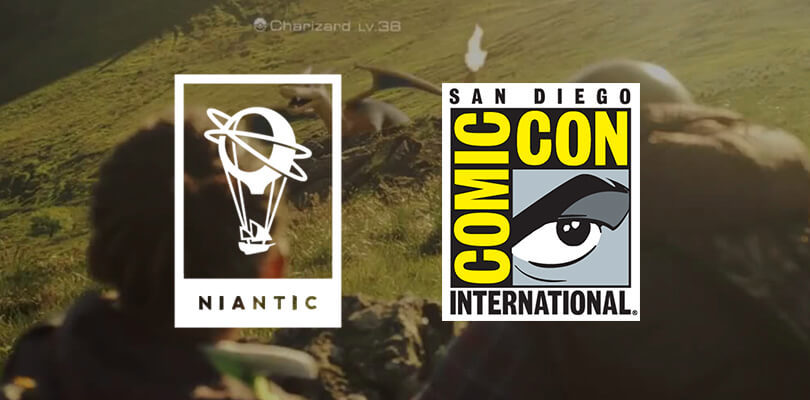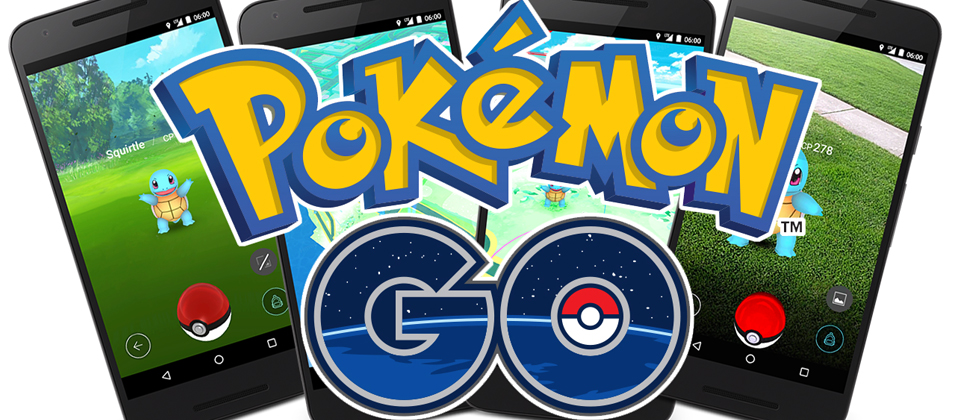
Unless you have been living under a rock, by now you would have heard countless stories and articles about Pokémon GO, the newest and latest game for smartphones. With the exception of Windows based devices (though there are emulators available for Windows PC’s), this game has created a storm in every nation lucky enough to have it.
When Pokémon GO was launched in USA, Australia and New Zealand, the game serves crashed causing Niantic (the developers of Pokémon GO) to put a halt to its worldwide roll out. The impact of this was so strong that every Jedi in the Universe could feel the pain of a million of hearts breaking into pieces. This, probably made Pokémon GO the first ever game to launch and have its servers be overloaded drastically without facing much backlash from the community, but instead it championed community spirit as prospective trainers, joined forces.
The lack of availability of the game, championed one of the most powerful community drives, as people across the world united together to find ways, means and loopholes around the lack of access. With users posting constantly on various forums, blogs, websites; With entire websites dedicated to giving news about Pokémon GO, to apps on guides and walkthroughs appearing almost overnight on the Play Store. The fact that there have been 50 Million downloads on the Play Store and that is is the most used app, overtaking the likes of Facebook, WhatsApp, Instagram and Twitter amongst countless other social media and communication apps is a testament to its success.
This doesn’t mean that such apps are not losing favour, just that they are flooded with news, information and stories after stories related to Pokémon GO. Stories such as the guy who was unceremoniously fired from his job in Singapore, the Holocaust Museum being tactlessly used as a Pokéstop to the grave of a Japanese boy where his favourite Pokémon (Pikachu) appeared. While these stories have received mixed reviews, there is news of people taking things a bit too far, leading to a real risk factor. Events such as egging of players who gathered in large numbers around residential areas to players being robbed in quiet areas where thieves lie in wait or players not paying attention and becoming a hazard on the roads.
Though there clearly is a divide between those who like Pokémon GO and those who have no life what-so-ever, the fact still remains that this game has taken the world like a storm. So much so that right from the start, players in countries that did not have access to Pokémon GO and have yet to gain access, have gone and created Facebook and Reddit groups dedicated to bringing the game through other, less official means.
Groups, instructional videos, blogs and even forums are filled with users mentioning workarounds to the many features of Pokémon GO. Right from workarounds for walking to hatch eggs, spoofing the GPS location for rural users and players whose countries have yet to receive an official launch, or tips on saving battery life and catching Pokémon. The unprecedented amount of information that has been shared, collated and spread over the last few weeks is a commendable effort on human endeavour.
Yet this spread of information is not without faults and issues. For those willing to risk playing the game not so officially, there are options such as rooting your device and spoofing the GPS. This does have inherent risks, right from risks in rooting an Android device to Niantic placing a soft ban on the account and thus disabling it for a few hours each time. Currently, there is little to no news on the nature of these soft bans, however, there is a possibility of users facing much hasher bans, the likes of which were seen by Beta Testers. Thus it might only be a matter of time until Niantic brings down the hammer. As for users who have loaded the APK file directly, there are reports of malware infecting devices and if they manage to avoid that, they have to deal with the lack of any Pokéstops or Pokémon Gyms appearing on the map.
While users are desperately waiting for a launch or other options there are those who are seeing dollar signs popping up everywhere. T-Mobile CEO John Legere tweeted on Tuesday that data usage by subscribers was up a whooping 400%, shops have placed signs such as “No Purchase, No Pokémon” and “Come for the Pokémon, stay for the selection of retro clothes at affordable prices.” Pubs have capitalised on the in-game purchase options of lures that momentarily boost the Pokémon that appear there. Though this costs the pub owners a few bucks every hour or so, the crowds it draws is more than enough to make up for this expenditure.
With the increasing commercial opportunities, it might only be time until sponsorship within the game features will become a regular feature. Though there are no detailed plans for that yet, there are rumours flooding the internet that Niantic is looking into the possibility of the same. This news, however exciting for the advertising industry, does raise an important question: Who owns the Virtual Space where you live?
Years ago, when aviation travel was gaining momentum, the question of air space as a commodity increased. The simultaneous rise of skyscrapers also put pressure on this question of vertical space ownership. The response then was that after a certain height Governments ‘own’ the airspace and in return, they prevent the unwarranted flying of aircraft near your homes. This idea of space and privacy was further given pressure with the mass ability of cheap camera drones. As for augmented reality and virtual space the issue has yet to be addressed by governments.
For now, Niantic has given users the option to report if their property has been wrongly assigned or wrongly tagged and they will do the needful and rectify the issue. However, with similar games such as City Spirit Go which is the top downloaded game in China and built on a similar concept as Pokémon GO, there is no guarantee that future game makers will have the same level of support as Niantic does. This might result in a lot of unwarranted trouble for homeowners as large crowds can pose a danger to their wellbeing.
The question of the ownership of virtual space might take more time to resolve as nations balance the hazards, dangers and possible regulatory measures to ensure that the interests of commercial and residential owners of property are upheld. While law enforcement agencies are sitting on the edge waiting for the situation to blow out of proportion, and are releasing warnings for the many hazards the game has opened users to.
Pokémon GO is definitely the most talked about game in recent history and has created the most amount of buzz around it. Do leave a comment on your experience with Pokémon GO so far, and what you think is the future of augmented reality games.







